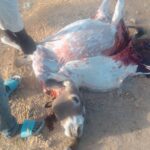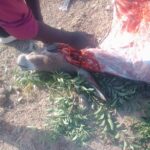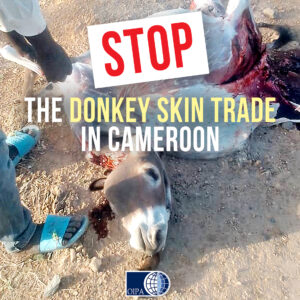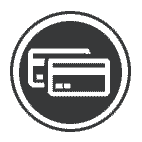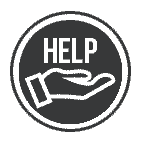Many communities in the far north region of Cameroon, where our delegation mainly operates, consider donkeys humans’ friends since they contribute to the livelihood of local families who do struggle to survive and live in extreme poverty. Communities depend on donkeys for executing domestic tasks, such as transporting water for long distances, carrying sacks of food, helping plough fields during rainy seasons as well as helping family members access health care and education when facilities are located in distant places.
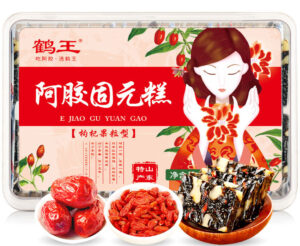 Donkeys are life-saving animals for these communities without whom they could not survive. However, following an upsurge in the demand for donkey skin, many animals are stolen from families and brutally skinned.
Donkeys are life-saving animals for these communities without whom they could not survive. However, following an upsurge in the demand for donkey skin, many animals are stolen from families and brutally skinned.
Hundreds of thousands of donkeys, mostly from Africa, are slaughtered annually and their skins exported, causing donkey population across the continent to decimate. The donkey skin trade is a cruel and largely unregulated international trade driven by the demand of skins from China used to prepare a traditional medicine (TCM), called ‘ejiao’, a gelatin produced by boiling donkey skins and sold as a powder or gelatinous block that can then be made into a tea
The trade is said to have led to mistreatment of donkeys in different parts of the region. It has also caused suffering to donkey owners as this has pushed them deeper into poverty and misery with the loss of the animals from livestock theft. It is worth noting that most donkeys stolen and slaughtered in the region are taken from families who depend on them for their livelihoods.
During a workshop organized by OIPA Cameroon that brought together donkey owners, farmers , community leaders and the regional delegation for livestock, they all expressed concerns over donkey slaughtering and mistreatment in the region, saying the trend might wipe out donkeys in the future if it is not stopped.
The regional representative asked the public and donkey owners to report such cases to relevant authorities for action. He discouraged locals against opting for local arbitration when dealing with donkey related cases as this in most cases hinders donkey owners from getting justice. He promised to collaborate with OIPA Cameroon on the following: cases of stolen, mistreated and slaughtered donkeys, skin and bush meat trade, adding that those found guilty will be prosecuted.
Furthermore, 38,000 donkeys in the region currently work under very poor and unhealthy condition. Some of the animals suffer and die in pain because of lack of proper care and this is the result of a low level of education on animal welfare, care and protection. There is a need to educate local communities on the importance of donkeys and their welfare.
It is also very important to push for a ban on the commercial slaughter of donkeys as the trade in donkey meat and hides is growing at a very fast pace. The skin trade is gradually penetrating into the community. In just two weeks over 30 donkey were killed in Tchabawol, a village in Bogo municipality in the Far North Region.
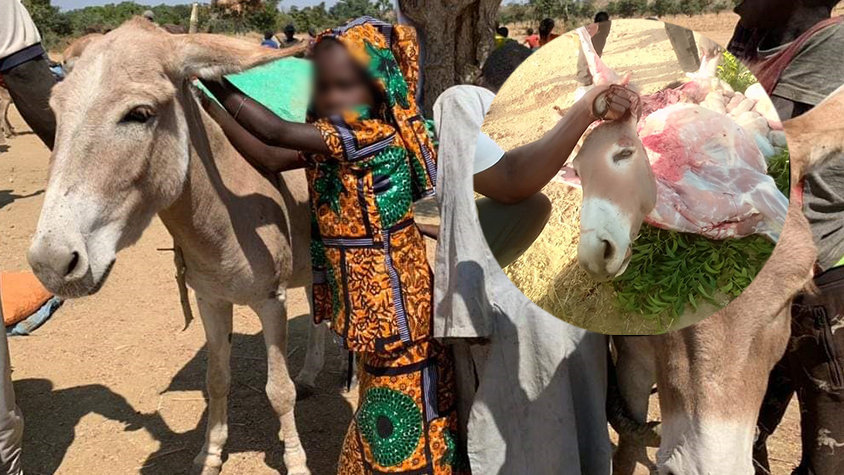
OIPA Cameroon is requesting support to organize three focus group discussions in Tchabawol with local famers, donkey owners and community leaders to educate them on animal welfare and clearly explain the unethical and negative impact of donkey skin trade on donkey population, environment and their livelihood. The project includes the training of some youth on monitoring and reporting incidents related to the donkey skin trade and on tracking buyers’ journey.
You can help us launch the project “STOP DONKEY SKIN TRADE” of OIPA Cameroon to save donkeys brutally slaughtered

BANK TRANSFER
Write note “DONATION TO OIPA CAMEROON” and the exact amount
Bank Account: OIPA – Organizzazione Internazionale Protezione Animali – ONLUS
Bank Name and Address: Banca Intesa San Paolo – Agency MILAN-BOCCHETTO – Via Bocchetto 13/15 – 20123 Milan (Italy)
Bank details:
IBAN Code: IT93I0306909620100000002326
SWIFT Code: BCITITMM
Bank Account Number: 100000002326

PAYPAL OR CREDIT CARD
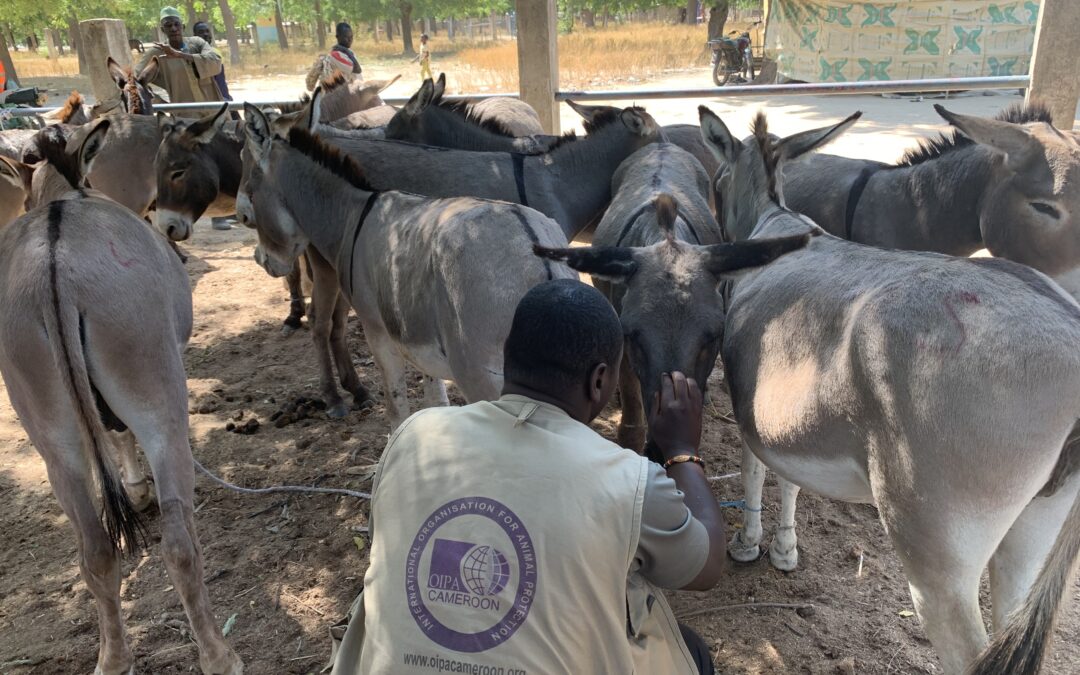
RESULTS OF OIPA CAMEROON CAMPAIGN AGAINST THE DONKEY SKIN TRADE AND NEXT STEPS
RESULTS OF OIPA CAMEROON CAMPAIGN AGAINST DONKEY SKIN TRADE In 2023, OIPA Cameroon through the support of OIPA International partnered to undertake a project dubbed, ‘Addressing Illegal Cross Border Movement of Donkeys on The Cameroon-Nigeria Border and Improving the...
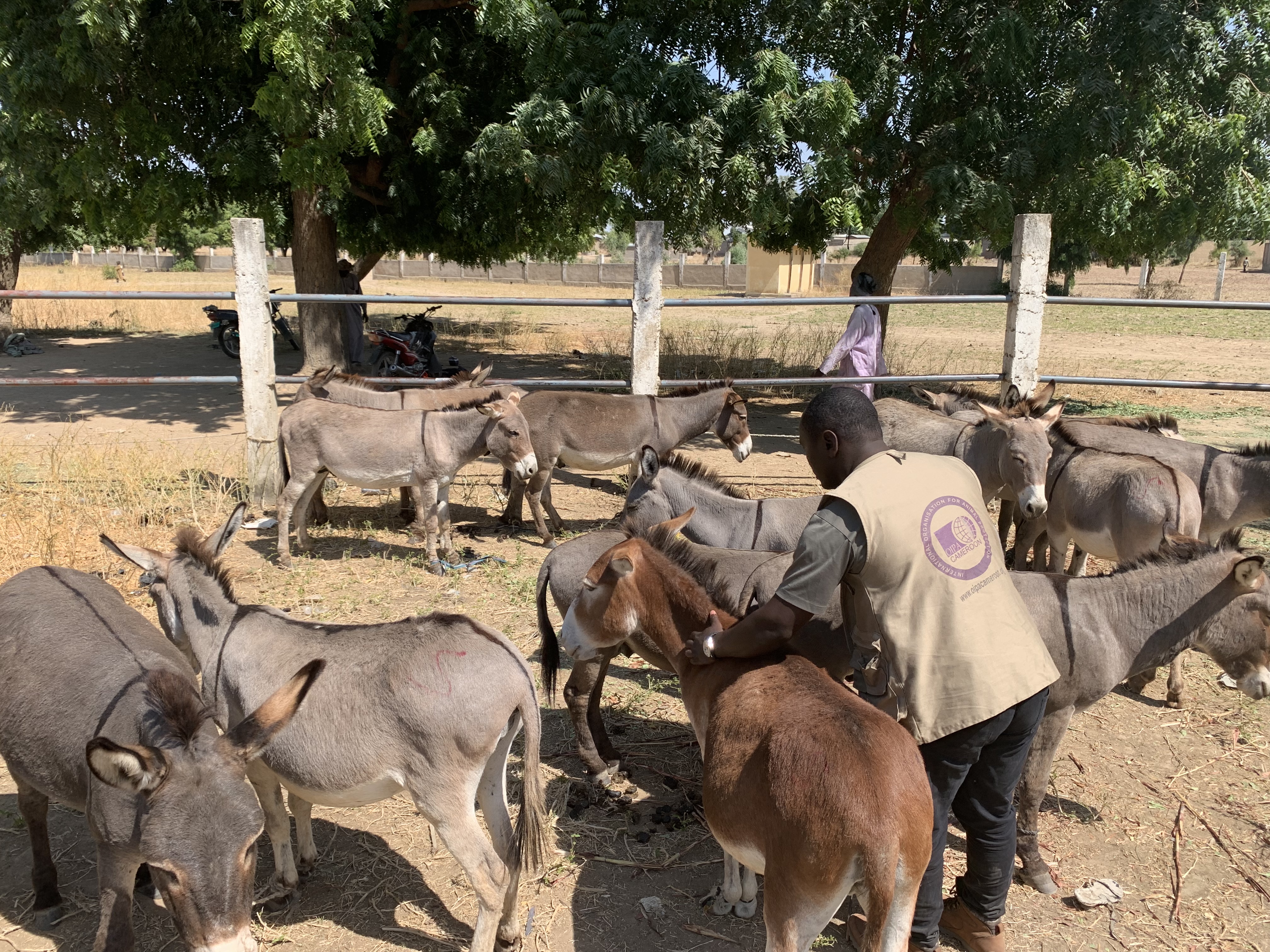
FIRST OUTCOMES ON DONKEY SKIN TRADE AND DONKEY WELFARE AWARENESS CAMPAIGN OF OIPA CAMEROON
From August to September 2023, OIPA Cameroon carried out an awareness Campaign ‘on donkey skin trade and the impact on livelihood in BOGO municipality in the Far North Region Cameroon with financial support from OIPA International. The overall goal of the...


